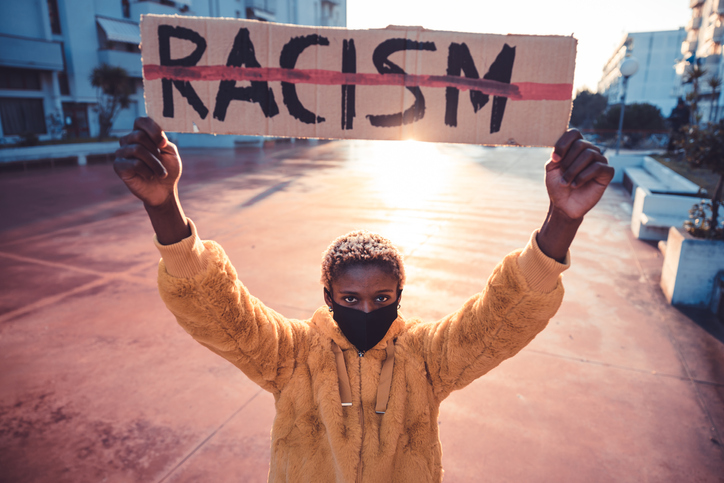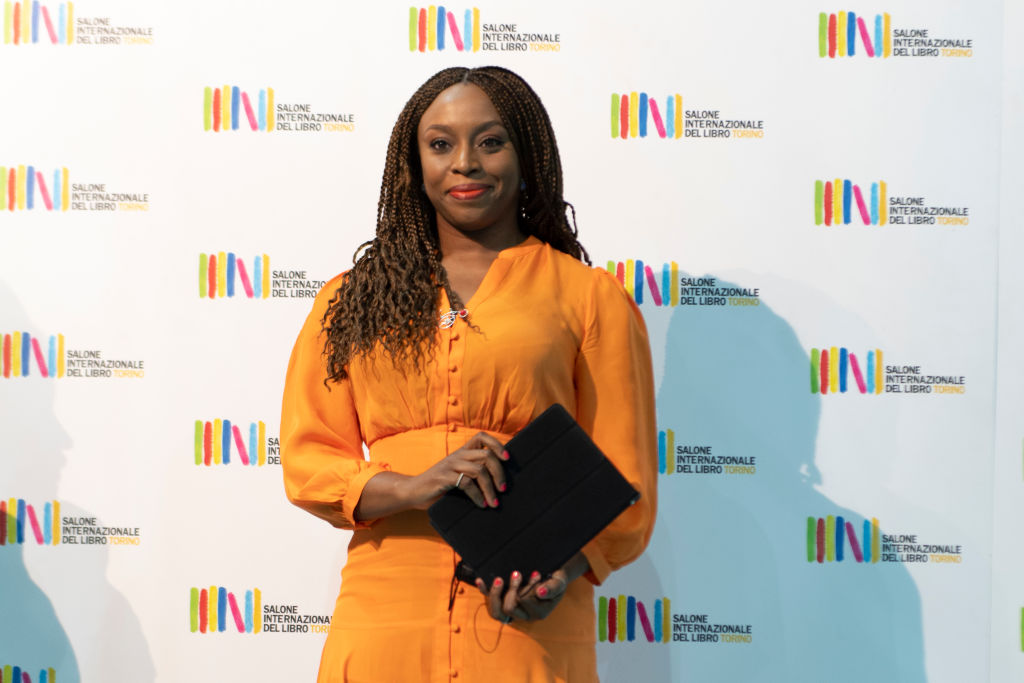Can Black People Be Racist?
Can Black People Be Racist? A Deep Dive Into The Complex Question

Source: LeoPatrizi / Getty
Can Black people be racist? This is a loaded question. First, let’s break down what racism is. Racism refers to a belief that one’s own race is superior to others and results in discrimination, prejudice or unequal treatment based on race. It can be expressed by individuals or systems of power.
Based on this definition, anyone, regardless of their race, can hold racist beliefs or exhibit racist behavior. Therefore, it is theoretically possible for Black people or individuals from any race to exhibit racism toward others.
Take colorism for example. It runs rampant in the Black community. Colorism is a form of discrimination or prejudice based on the shade or color of an individual’s skin, typically within the same racial or ethnic group. It can involve favoritism or bias towards individuals with lighter skin tones while marginalizing or discriminating against individuals with darker skin tones. Colorism can manifest in various ways, such as social, economic, and educational disparities, stereotypes, and biases based on skin color.
Viola Davis famously spoke about the issue in her riveting memoir Finding Me: A Memoir. After landing her iconic role as Annalise Keating in How to Get Away With Murder, the actress said a close Black colleague told her “she wasn’t pretty enough to pull it off,” the role. In the book, Davis claimed the interaction was unlike any form of racism she had ever experienced. It shook her to the core and she “couldn’t shake” the terrible interaction for years.
In 2018, Afro-Latina singer and reality TV star Amara La Negra went viral when she called out colorism in the Latin community. During her come up in the Dominican Republican’s tough entertainment industry, the star was constantly reminded of her darker hue by members of her own community. The Love & Hip Hop: Miami alum said she was often overlooked by talent managers and asked to straighten her curly afro. Colorism even impacted her dating life.
“I know that nobody wants to talk about it, but we suffer a lot of racism, we suffer a lot of colorism, amongst ourselves. You know, I get it all the time: ‘Oh whenever you get married, don’t get married to no black man because you want to better the race,'” she told NPR. “Somebody needs to say something!”
Racism is a complex issue and it’s important to note that it is often associated with systemic power dynamics, and historically, Black people have been marginalized and oppressed by systems of racism, making it less common for Black people to hold systemic power to systematically oppress other races.
It’s also important to consider the societal and historical context in which racism operates, including power imbalances, privilege, and systemic discrimination, when discussing this topic. It’s crucial to approach the issue of racism with nuance, sensitivity and a deep understanding of its complexities.
The discriminatory practices that Black people may exhibit can come from years of being beaten down and systematically chained by institutions that have suppressed the community over centuries. These feelings can show up in some unhealthy ways and are by-products of the effects of slavery. Some Black folks may feel like they have to discriminate against their own or others to protect themselves from the harsh effects of White America.
In addition to colorism, homophobia is another form of discrimination that plagues the Black community. Many Black LGBTQ+ individuals are oftentimes forced to choose between identifying with either their blackness or their sexual orientation, out of fear they may be criticized or shunned by Black community members.
Comedian and actress Mo’Nique tearfully expressed how she felt scared to tell her family about her desire to be with another woman during her Netflix comedy special My Name Is Mo’Nique this week, MADAMENOIRE reported. The comedian and actress left the audience stunned when she opened up about being bisexual. The Precious star said she was hesitant about sharing the information because she feared she would disappoint her family, particularly her grandmother. Growing up, the comedian had an aunt who the family dubbed Uncle Tina. Her grandmother wasn’t so kind to her aunt due to her sexual orientation.
Black homophobia has been widely explored in films like Moonlight and Gun Hill Road, showcasing the real disparities Black men and women often face struggling to come to terms with their identity and the tough reality of family members who aren’t willing to accept them for who they are.
This is a difficult topic and certainly one that can not be explored in depth in this article.
SEE ALSO:
















